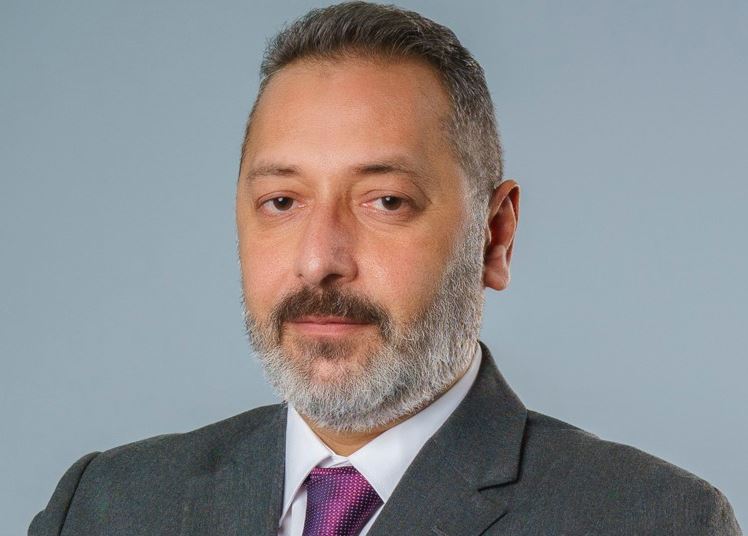
Q&A with Emerson - Ground breaking ceremony at Saudi Arabia's King Salman Energy Park (SPARK)
Spokesperson: Hussein Zein - Vice President Saudi Arabia & Bahrain
Q1-Saudi Arabia's King Salman Energy Park (SPARK) is revolutionizing the region's energy sector. In Saudi Arabia, how is Emerson contributing to the development of the energy sector, especially in the areas of renewable energy and digital transformation?
- Emerson contributes to the development of the energy sector in the Kingdom by investing locally across the region. The company’s journey in Saudi Arabia began in the 1960s, and has matured over the years as a result of the increased local demands and requirements that are contributing to the Kingdom’s infrastructure and growth plans - in line with the Saudi Vision 2030 that aims to reduce the country's dependence on oil exports and to diversify the economy in industries such as manufacturing, and technology.
Emerson’s strong presence in the Kingdom aims to contribute to the economy through different programs that promote local content and improving localization – and has set quantifiable targets on value chain localization.
From a digitalization standpoint, Emerson technologies and solutions act as catalysts that help customers accelerate their business objectives –from intelligent devices to integrated control systems and mission critical software that help run safe and productive operations, to optimization software that leverage our simulation, machine learning & artificial intelligence capabilities all for a purpose of helping industrial operations decarbonize and digitalize for a more sustainable future.
Q2- How does Emerson see itself play a key role in achieving Saudi Vision 2030 and the sustainable vision to reach the Net Zero target by 2060 by encouraging sustainable energy production and as a major manufacturing and services provider of process automation systems and instrumentation?
- Emerson’s Environment, Social and Governance commitment mirrors our unified global Purpose: “We drive innovation that makes the world healthier, safer, smarter and more sustainable.”
Emerson has set an ambitious target to achieve net zero greenhouse gas (GHG) emissions across our value chain by 2045 compared to a 2021 baseline. To set us on the right pathway, we will target net zero operations and a 25% reduction of our value chain emissions by 2030, also compared to a 2021 baseline.
The way we do this is through enabling energy efficiency across a wide range of industries and applications through measuring and managing emissions and supporting electrification in a broad set of use cases. While the world faces a very real challenge in climate change, we believe accelerating the adoption sustainable solutions now and leveraging the impact of Emerson’s broad automation capabilities can help make a net zero future become a reality sooner than we think.








